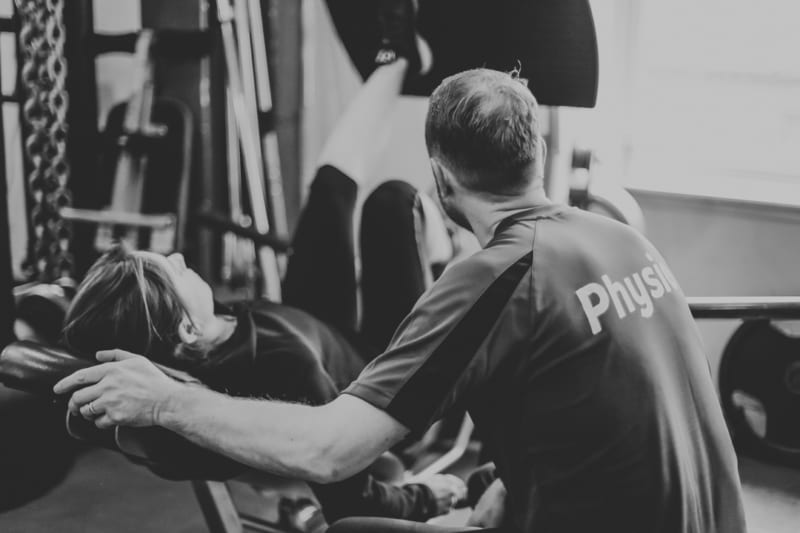We often get asked this seemingly simple question “when should I see a physiotherapist?”.
The worry is that if left things could become worse. But equally people understandably will hope that many aches and pains will resolve by themselves overtime. As you might guess therefore the answer is bit more complex than you might first think.
The below points might be helpful as a guide :
-
If your pain is mechanical (is the pain made worse by particular movements or activities)
Physiotherapists predominantly treat mechanical problems. By mechanical we mean a problem that is increased by different stresses i.e. knee pain made worse by going up and down stairs or ankle pain made worse by running. It might be a back pain made worse by bending over and picking things up. If there is mechanical competent to your pain, there is a good likelihood that a physiotherapist may be likely to help you. Both through teaching you exercises to make you stronger and also teaching you different techniques.
-
If the pain is not getting better (or getting worse)
Patients often say to us “I should have come to see you earlier”. It is a difficult thing to judge as many of us get aches and pains that typically resolve within a few days. If it is a mechanical problem, it may be pain that is only associated with a particular sport or activity. Therefore, patients will leave the pain for a while in the hope that it will resolve and get better by itself. Pains that are not getting better or even worse by themselves may require a physiotherapist’s input. Or at least an assessment or diagnosis to understand how long it is likely to take to get better and things that you can do to facilitate the recovery process.
Some problems like Achilles tendon pain may settle with rest but flare up each time you try to return to sporting activities such as running. If so, then strengthening and rehabilitation may be the key and this is where a physiotherapist can be really helpful.
-
If the pain is very severe and affecting your movement
Acute onset neck and back pain can respond very well to physiotherapy. GP’s can often be difficult to see and they will be limited in the time and resources they will be able to offer. If you awake with a severe neck pain or you have sudden onset of severe low back pain causing you difficulty in functioning, going to work or sleeping, it could be best to come and see a physiotherapist who will be able to see you immediately and assess you. They can make a diagnosis and advise you of the best way to reduce your pain and get you back to full function as quickly as possible. We will also screen you for any signs of serious underlying pathology which may require you to go to A&E or go and see a medical specialist.
-
Pains that have been ongoing for a long time that are preventing you from doing physical activities and sports
Lots of pains can be quite insidious and they gradually prevent us from doing activities or we will slowly give up activities because of a restriction in movement, weakness or pain. Often times people feel unable to return to a sport following an injury because they have a perception that they are too weak or they re-injure themselves. Physiotherapy can be extremely effective in these circumstances. We will assess you to see whether there is any muscle weakness that can be improved by exercise. Proprioception i.e.body position, centre balance and coordination often underlies why people feel unstable or vulnerable when performing an activity. Physiotherapy can be excellent when addressing these deficits and helping you get back to your sports and activities.
I hope some of the above pointers are useful. This is by no means an exhaustive list but it gives you an idea of some of the questions you might ask yourself when deciding whether or not physiotherapy can be helpful.
If any of the above apply to you there is a good chance we may be able to help
To book an appointment please call 0207 482 3875 or email info@complete-physio.co.uk
Don’t let pain hold you back, book now!


